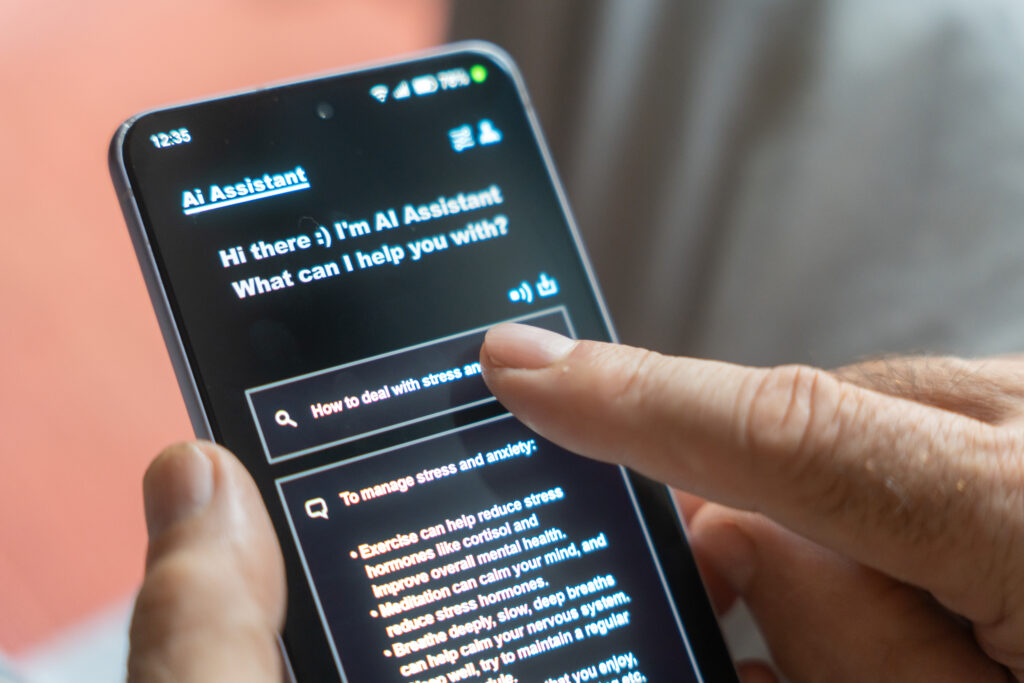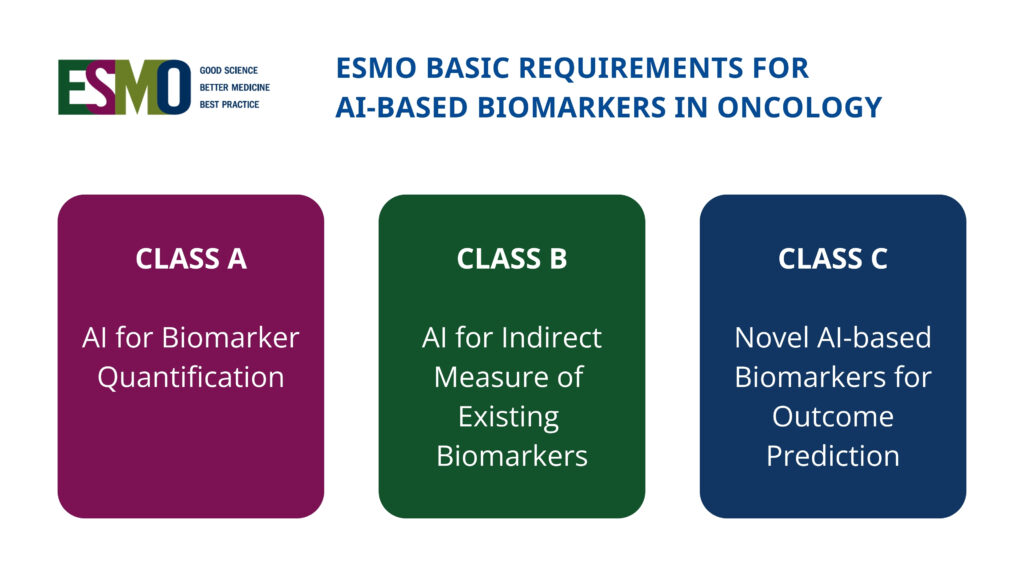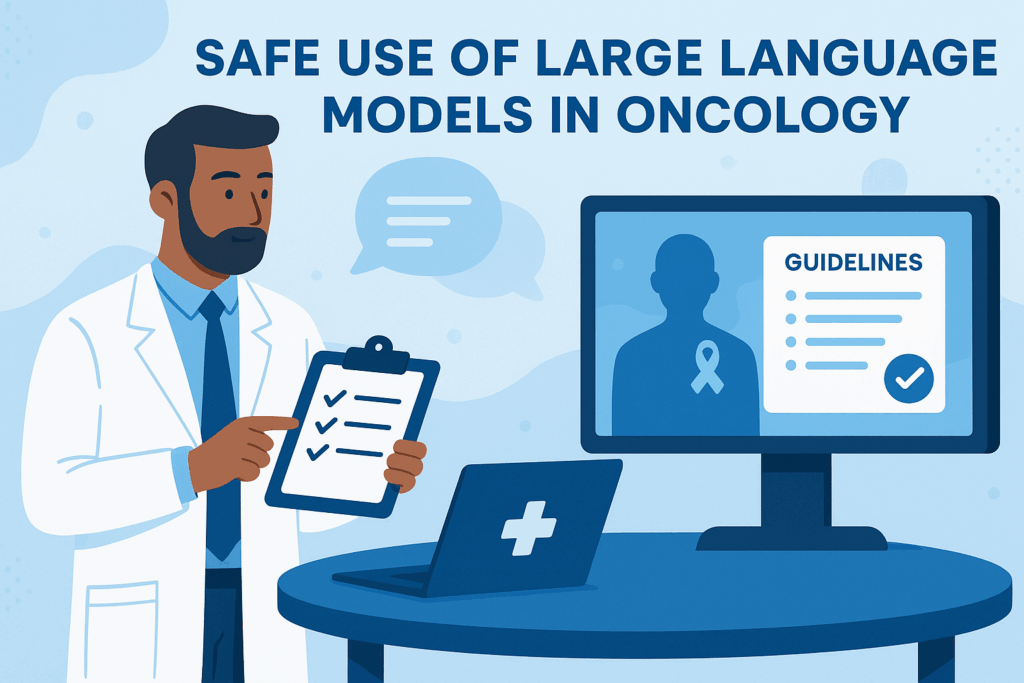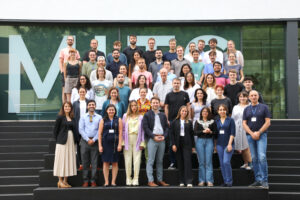Virtual companions, real responsibility
Large Language Models could serve as universal translators in medical communication
Currently, free medical text must be manually translated into a structured, computer-readable format. In the future, this task could be performed by large language models (LLMs), saving time and reducing the risk of information loss. A recent article published in Nature Medicine by researchers from the teams of Prof. Jakob N. Kather and Prof. Stephen Gilbert at EKFZ for Digital Health together with Prof. Daniel Truhn from University Hospital Aachen analyzes the current state of the art and the potential of LLMs to support medical documentation by healthcare professionals.
Jakob N. Kather, Dyke Ferber, Isabella Wiest, Stephen Gilbert, Daniel Truhn: Large language models could once again make natural language the universal interface of healthcare; Nature Medicine, 2024.
Healthcare providers communicate in natural language – verbally or in the form of written text. In order to make medical documentation machine-readable relevant patient information such as symptoms and diagnoses have to be translated. Currently, digitally stored medical information is based on coding systems such as the International Classification of Diseases, 10th Revision (ICD-10) or the Current Procedural Terminology (CPT). These codes, however, are not easily understandable by humans and must be translated manually by specialized professionals – a time-consuming task that is prone to information loss or errors.
LLMs allow medical documentation in human natural language and could serve as universal translators
The researchers argue that through the use of LLMs as universal translators in clinical settings, healthcare professionals can continue to communicate in natural language and reduce their reliance and interaction with coding systems. They are convinced that LLMs will not completely end the use of standardized coding as they are reasonable for narrow use cases such as vaccination records or blood test reports. However, the universal application of manually coding medical information is no longer required as LLMs have the ability to effortlessly translate between various coding systems.
The use of LLMs in clinical practice saves time and promotes a patient-focused healthcare system
With this technology, the authors see substantial benefits that can support a more human-centric healthcare approach. In their view, artificial intelligence will enhance rather than replace human expertise in healthcare, promoting a more efficient, accessible and patient-focused system.
More News
New international framework defines standards for AI-based biomarkers in oncology (EBAI)
New ESMO Guidelines: Safe use of large language models in oncology






